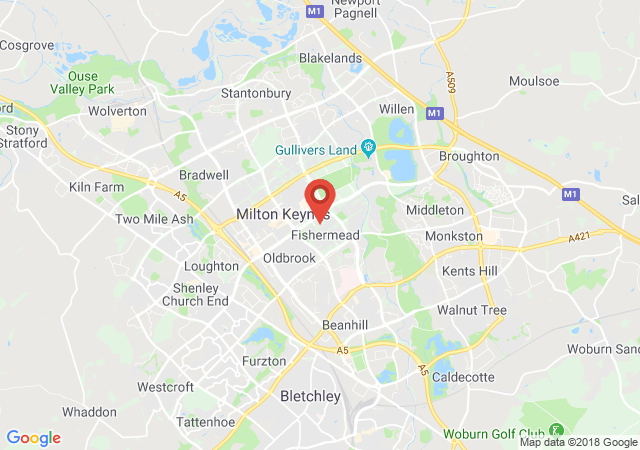When a company or client is at a greater risk of money laundering, terrorism financing, or other financial crimes, they should be given an extra degree of due diligence. This is known as enhanced due diligence, that goes beyond the normal KYC/AML checks to gather information outside the basic scope.
This involves identifying the people and entities that have a connection to customers, including the ultimate beneficial ownership (UBO) and identifying the true source for wealth and funds as well as business activity. It also investigates illogical transactions and actions and probes the root of the relationships.
It’s an essential aspect in the fight against terror and criminal funding. It is important to remember that EDD is a measure which should be applied on a case by case basis. For example, an account opening in the UK with a clean passport, a solid address history and no CCJs may only require CDD. However, a different customer might require EDD because of a high volume of cash deposit or more complicated transactions.
The best way to determine if EDD is needed is to develop a Board Software Pricing comprehensive risk analysis and screening framework. That should cover both your internal controls and external factors such as adverse media as well as sanctions, political instability and terrorism finance and organized crime, as well as money laundering and fraud.
Effective due diligence isn’t just meeting regulatory requirements or protecting brand reputation. It’s about making an impact on the fight against criminality in the world. You require an identity verification and EDD system that is fast precise, reliable, and cost-effective to achieve this.






